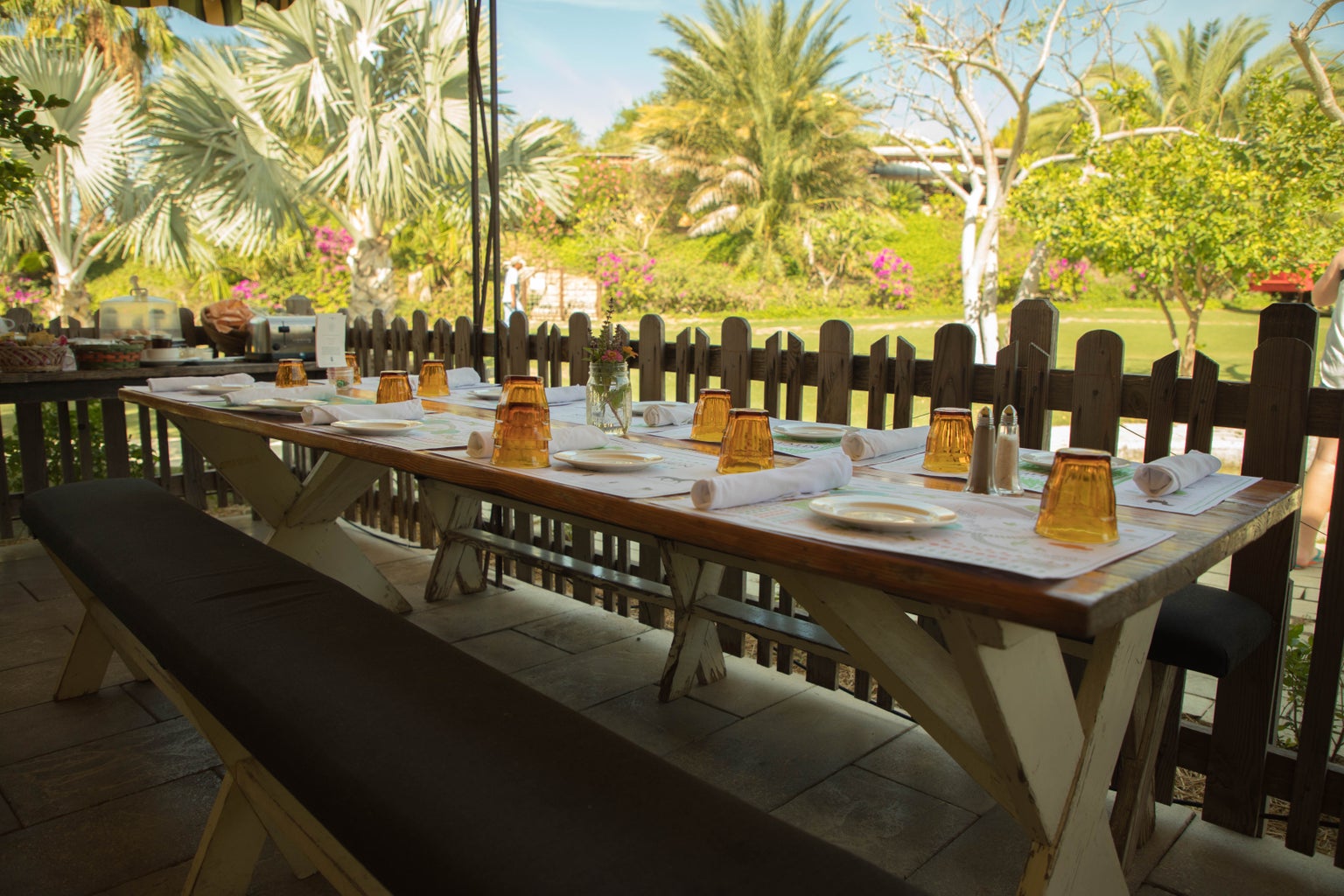For someone who has watched only two TV shows in the past year, I took myself by surprise when I sat in suspense on my bed for two days binge-watching HBO Max’s new hit TV show, The White Lotus. Now, the original season one came out in 2021, so I’ll admit I was far behind. However, the chatter and media coverage of the new season two, which came out in the fall of 2022, convinced me to give it a shot. After I had just watched the first episode, noticing myself fully enthralled with the characters, plot line, and mature sense of humor, I asked myself what made this show so different from all the other shows I had miserably failed to complete.
The White Lotus is a perfect example of modern-day satire, a genre that uses humor, irony, and exaggeration to criticize human folly and societal issues. The show’s season one plot follows a group of affluent guests who stay at The White Lotus Resort in Hawaii, while the staff of the resort tries to accommodate their every need. The show satirizes the privileged class, highlighting their sense of entitlement and the lengths they will go to protect their position. The guests at the resort are unable to see beyond their own bubble of luxury, power, and status, leading to their downfall. It is a biting commentary on the dark underbelly of the privileged class.
The show uses various cinematic themes to convey its message effectively. The contrast between the beauty of Hawaii and the ugliness of human behavior is used to create an off-putting atmosphere. The natural beauty of the island is juxtaposed with the guests’ self-centeredness, greed, and arrogance. The show highlights how the guests’ obsession with their own desires blinds them to the beauty around them. They are unable to see the island’s natural beauty and are instead focused on their own shallow pursuits. On top of this, the use of a limited time frame creates another element of suspense. The show is set over a week, and this limited time frame adds to a sense of urgency and tension. The guests’ time in the resort is limited, and they want to make the most of it, leading to impulsive and selfish behavior. This theme also highlights the fleeting nature of wealth and status, emphasizing how little time we have on this earth and how we should use it for more than just our own desires.

The show also satirizes the notion of happiness and fulfillment that comes from material wealth. The guests at the resort have all the trappings of wealth, but they are still unhappy, unfulfilled, and constantly searching for more. It highlights how we have been sold the lie that material possessions will make us happy, and how this pursuit can lead to our own destruction.
The pursuit of happiness also comes in other disillusioned forms. Substance use is satirized throughout the entire season, where each guest has their own relationship with substances, and those who do not use substances are able to achieve true happiness. One guest, Tanya, is a late-stage alcoholic, who consumes alcohol on an excessive basis to cope with the grievance of her late mother. The hotel manager is a recovering addict who soon relapses, goes on a bender, and has an illegal affair with one of the workers. The Mossbacher parents differ in their alcohol use. Nicole only occasionally has a drink due to her desire for full control, and Mark begins to heavily drink in lieu of the news he discovers about his late father. Their daughter, Olivia, and her friend Paola are sophomores in college, experimenting with drugs and alcohol in impulsive ways. In one cripplingly ironic scene, the girls complain about how neither of them brought any drugs with them. Instantly, Olivia remembers that she brought a ‘bit of weed’ with her, but rebuttals her victory with the fact that they have nothing to smoke it out of. In slapstick fashion, Paola pulls out a large bong, and then they begin to worry about the paranoia that may ensue from the weed. Paola says that she has anti-anxiety medication that they can take, and Olivia makes a final display of irony by pulling out a bag of Ketamine, ending the sequence.
The satire here shows the late stages of our society where we are completely enthralled by the idea of forgetting our troubles by being under the influence. The younger Mossbacher son, Quinn, does not consume any substances for the entirety of the show, and he ends the show by running out of the airplane line to pursue his true passion: canoeing with the native islanders, finally freed by the shackles of having technology and capitalist responsibilities.
The show has an interesting portrayal of the resort as a character itself. The show portrays the resort as a place where people go to escape their problems and indulge in their desires. The resort’s luxurious and exotic setting is used to criticize the excess and indulgence of the wealthy, who use such places to escape the problems of the real world. The show also uses the resort’s setting to highlight the divide between the guests and the employees. The employees are portrayed as being invisible and subservient to the guests, highlighting the class and power dynamics at play.
Race and colonialism also come into play as most of the employees are of color, and many of them are working at the resort as their only option on the island. Their land was taken over and the resort was built on it. With their homes and livelihood no longer available they have no option but to live in poverty under the control of large corporations such as the hotel. Kai, a hotel worker who has a brief relationship with Paola, says to her that he has no other choice but to work there – he must support his family. The show uses this portrayal to highlight the inequalities and injustices of the real world, where the wealthy and powerful have the power to exploit and oppress those who are less privileged. It also touches on the idea that those who try to express and act on anti-racist ideas like Olivia will still always be oppressors since they are part of the oppressing group; white people, a radical idea for such a mainstream TV show.
In a metaphorical aspect, the name of the resort “The White Lotus,” and the show being entitled The White Lotus, provides a larger context to the overarching theme. The symbol of a white lotus symbolizes rebirth and mental purity, referred to as ‘the womb of the world.’ This is juxtaposed with the disgusting side of the human condition, which grows greater throughout the season. At the end of season one, the hotel manager, Armand, looks around at the guests he sees eating dinner and says they are just a bunch of ‘lotus eaters.’ What he is referring to here is the lotus eaters in Homer’s Odyssey, those who stay in solitude on a remote island, consuming lotuses to remain in a state of perpetual bliss. The metaphor returns to the wealthy, who ‘eat lotuses’, choosing to stay ignorant of real issues in an effort to remain happy and maintain personal peace. Ironically, the guests all come face to face with real-world problems in the place they would least expect it.
Can’t get enough of HC UMass Amherst? Be sure to follow us on Instagram, listen to us on Spotify, like us on Facebook, and read our latest Tweets!



